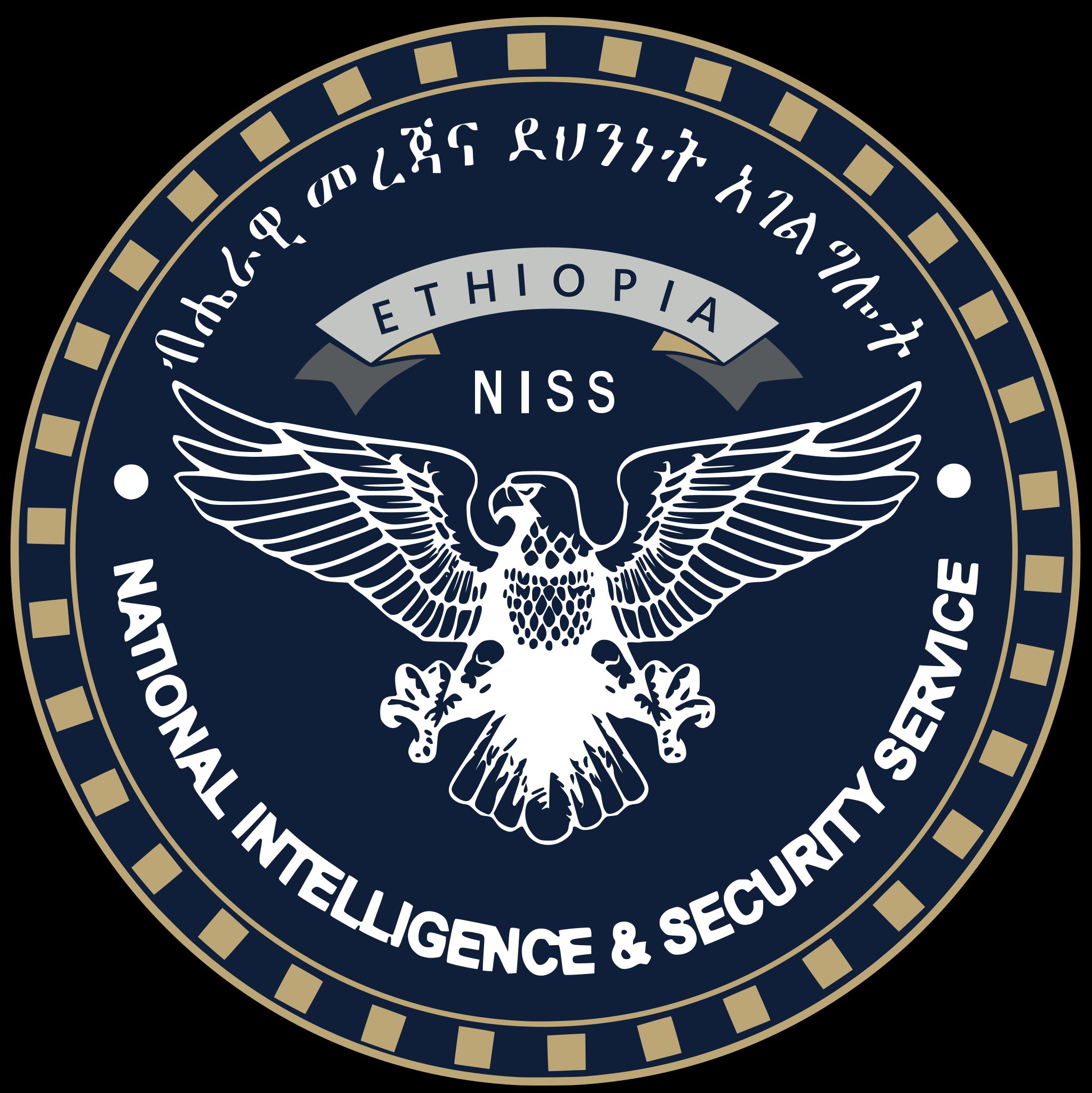
AI is hailed as this century’s most remarkable technological achievement, and for very valid reasons: it holds the power to revolutionize industries, make life easier, and enhance effectiveness. The term “artificial intelligence” describes a machine that exhibits abilities thought to require human intelligence, such as cognitive tasks involving thinking, learning, problem-solving, or even understanding spoken language. Opening up new vistas for people, companies, and researchers alike, this potential promises transformational effects across many domains.
AI-facilitated various sectors to move forward
We are entering the world of artificial intelligence, and it is beyond any doubt that great improvements have been made by it in different fields. Such as the fact that AI algorithms can study big amounts of medical data to assist health professionals in diagnosing diseases more precisely and far faster than ever before. It plays a key role in processing images, interpreting lab results, and even in the prediction of patient outcomes, thus improving the care given to the patients and optimizing their treatment plans. This would result in higher standards of care, possibly saving lives.
On top of that, AI has completely revolutionized the way marketing and advertising are done. Using AI tools, businesses can analyze consumer behavior, ensure personalized experiences, and predict trends in markets with high accuracy. With each machine learning algorithm, a company has the ability to sort through mountains of data and find patterns leading to key strategic decisions. This is going to enhance efficiency, tighten the knowledge of consumers’ needs, and it will enable businesses to fashion better products and services more appealing to target audiences.

Dramatic changes were also brought about in the manufacturing sector with AI. AI-infused automation rationalized the production processes, allowed quicker assembly lines, and efficient resource deployment. Hence, a company can increase its level of output with reduced costs while maintaining higher standards of quality. Besides, as machines will begin to perform repetitive and mundane tasks, employees would have more creative and strategic job assignments resulting in increased job satisfaction and productivity.
Dillemmas with AI
These enormous benefits notwithstanding, exponential growth naturally compels us into contemplation of the consequences of such rapid advancements in AI technologies. As much as the technology promises efficiency and innovation, it does present its own set of challenges that must be handled proactively. For instance, AI systems are greatly affecting the job market, with most tasks that were initially performed by human beings replaced. The seriousness of this automation painfully brings many questions about what nature and skills shall be in that world in the future of work in an AI-driven world.
Organisations considering the implementation of AI solutions should examine implications for their workforce. Indeed, by 2030, a whopping percentage-30%-of activities that could be done today can become automated, where the impact might eventually fall more on marginalized communities. This raises the stakes for companies in investing in worker training and upskilling. Of course, no one wants to lose his or her job to automation, and all parties need to be having conversations about preparing the workforce for AI integration.

Ethics also come into question with AI, of course. As AI systems are behind decision-making processes for everything from hiring and credit lending to law enforcement and more, the possibility of algorithmic bias has become a key issue. AI models are only as good as the data they have been fed, and if that data reflects pre-existing biases in society, it will only serve to further push along inequality and discrimination. The situation shows how much it is relevant to build transparent AI systems that give significance to equity and inclusion.

One of the most disturbing risks associated with AI in the future is surely violations regarding privacy. Since most AI systems need vast amounts of personal data to function optimally, it raises some very serious questions regarding data security and the protection of individual privacy rights. Clearly, the lack of clear regulations over the use of data is a sure cause for greater concern about this and underlines the dire need for comprehensive frameworks that make sure AI practices are kept responsible.
Moreover, there is also another peculiar challenge in the form of social manipulation through AI algorithms. Since AI is used for generating feeds, social media increasingly serves users content that makes them enter an echo chamber and invites misinformation. The most prominent example involves Ferdinand Marcos Jr. and the manipulation of TikTok with a view towards influencing electoral outcomes. In fact, it has raised serious concerns about how AI tools can be weaponized in political contexts and the dire need for ethical standards within the development and deployment of AI systems.

The applications of AI also extend to national security. Ethical dilemmas arise with the developing AI autonomous weapons-what role do machines have in warfare? Indeed, the prospect of independent weapons capable of autonomously deciding when to attack and kill people-a truly daunting vision of the future in situations where life-and-death decisions might be left to algorithms. This not only threatens global stability but also constitutes very serious questions of accountability and morality in war.
But navigating the complexities of AI requires the cultivation of a responsible innovation culture. Debating on the ethical aspects of AI, raising the flag for more transparency, and bringing in diversity to consider various standpoints in AI development-the only ways to cut down the risks of this revolutionary technology. Only this way can we use AI for the benefit of mankind while we keep its dangers away.
Balancing Innovation with Caution
Artificial Intelligence stands at a juncture of amazing promise and serious risks. While continuing to realize the many great possibilities of AI, it is equally important that vigilance and proactive steps in terms of addressing its challenges continue unabated. Embarking on discussions about ethics, transparency, and preparedness within the workforce will be key to responsibly acting thoughtfully through the future of AI, making the technology a tool of uplift rather than a vector of danger. This is a reminder that there will be an exciting journey ahead, but one where our feet must keep us grounded in implementing innovating cautiously as we build towards a sustainable and inclusive tech future.
While envisioning the future with AI, it is befitting to reflect on the socioeconomic repercussions of this technological revolution. This is the issue of a growing gap between the enlightened and those at the bottom in terms of equity and opportunities. The more AI is applied in daily life, there is the potential for the socioeconomic disparities to be aggravated and further marginalize those already vulnerable. This will call for serious involvement from the level of governments, businesses, and educational institutions to make sure benefits emanating from AI are equitably distributed across boards and that no section of humanity, not excluded, is shut out from opportunities created by this transformative technology.
In particular, as we move into the next phase of our technological lives, building a culture of responsible innovation is really important. Several critical means by which to reduce risk include open dialogues on the ethical ramifications of AI, advancing transparency, and making sure that a multiplicity of perspectives inform the development of AI. In a way, the complications of AI should be approached to maximize benefits while reducing the danger, and this requires collaboration among technologists, ethicists, policymakers, and the general public.

While artificial intelligence holds unparalleled promise for innovation and societal betterment, it is by design a very risky technology-from bias in algorithms and job loss to the prospect of autonomous weapons and privacy invasions. We need to be cautious in applying this technology and build an accountable culture that will foster morality and just outcomes. We need to have serious discussions and put in place tough regulations that ensure all that can be done with AI is realized with the least amount of risks. AI has two sides, and we are tasked with the duty of using it intelligently so it furthers humanity, not undermines it.
Related posts:
14 Dangers of Artificial Intelligence (AI)
What Is AI’s Place in History? by Carlota Perez
The Hidden Dangers of Artificial Intelligence with Ben Zhao (Ep. 21)


